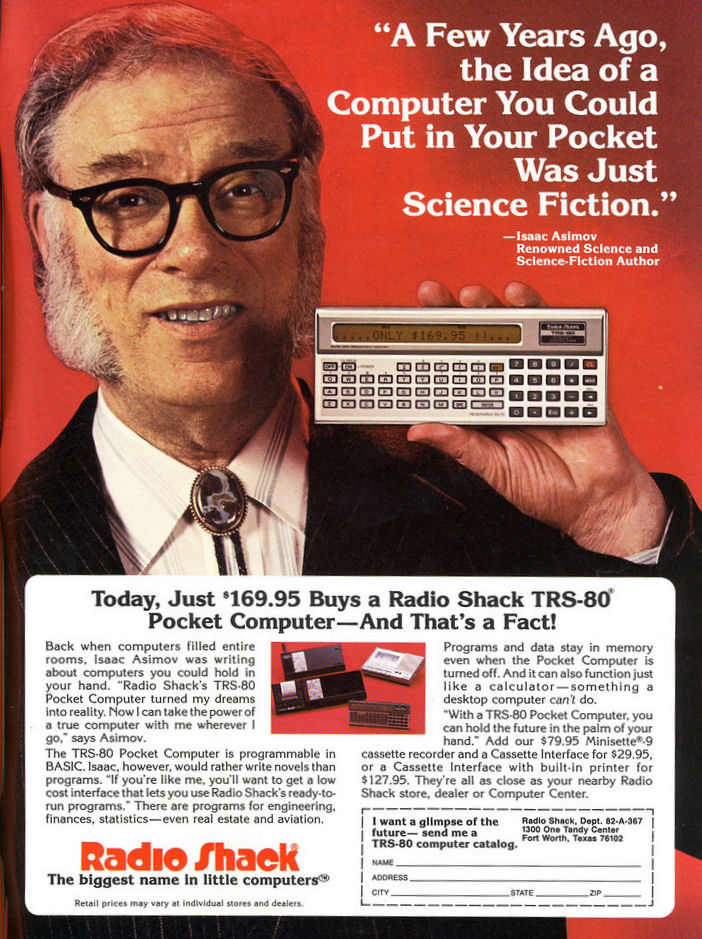I have been interested nanotechnology, or nanoscience as this video refers to it, for a very long time. If you have heard about nanotech, but haven’t seen any visuals, I highly recommend this video. It touches on properties at the nano scale both in nature and how we are developing our own new materials. They also touch on the development of nano machines. What worries me is for nanotech to become useful, they will probably have to develop self-replicating machines.
In one of my reviews a few years ago for The Diamond Age by Neal Stephenson, he writes about Matter Compilers, usually referred to as an M.C. for short. That’s great right? We can just make whatever we want, any time we want! There are also little battles between autonomous nanobots called mites that break out. If I remember correctly, these massive battles on the nano scale result in a type of dust that pollutes the air and causes respiratory problems. That’s no good! There is a little excerpt on Google books that doesn’t really have any spoilers. It begins on the end of page 59 through page 61. Click through this link for the full text.
I can certainly see something like what Stephenson describes happening within our lifetimes. What do you think?
